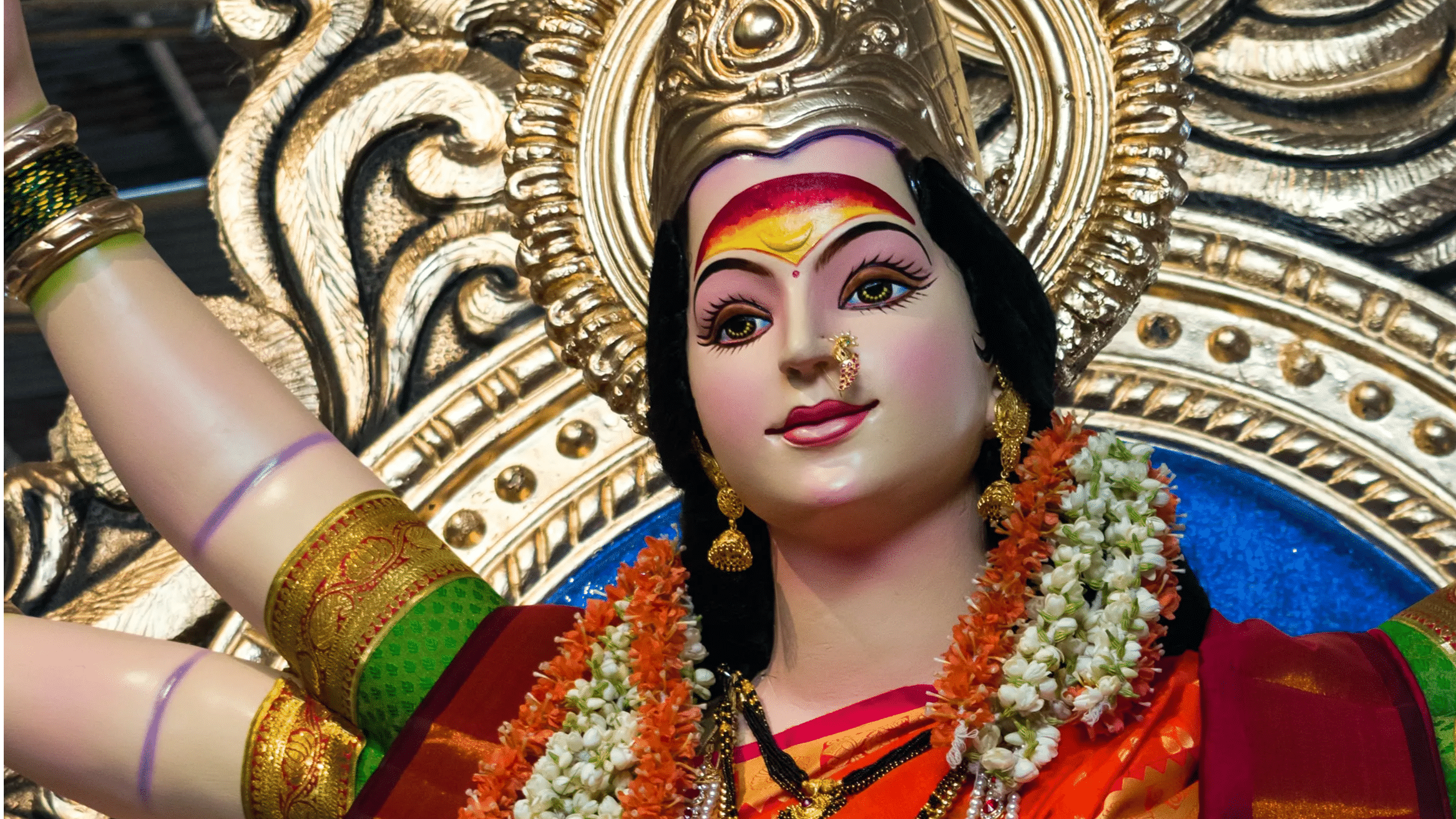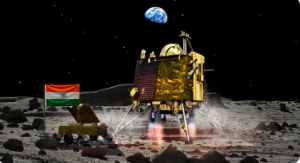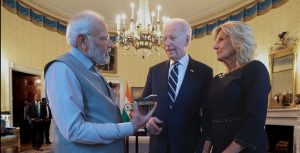The seventh day of Shardiya Navratri is observed as the day dedicated to Goddess Kaalratri. Maa Kaalratri is notably the fiercest form of goddess Durga. She has a long untied mane, dark complexion and rides a donkey. Goddess Kaalratri is depicted wearing a garland of skulls around her neck, drenched in blood and with four arms. Holding a thunderbolt and a scimitar in two of those hands, the other two are in abhaya (protecting) and varada (blessing) positions.
Also Read | Navratri 2021: Durga puja date and significance of the festival
The meaning of her name in Sanskrit breaks into two parts: Kaal, which means death or time and ratri, which means night or darkness. Goddess Kaalratri is, therefore, the one who brings death of darkness.
Also Read | Navaratri special: Homemade dishes with a five-star twist
Story of Kaalratri
According to mythology, demons Shumbha and Nishumbha, with the assistance of Chanda, Munda and Raktabeej, defeated the gods only to end up ruling the three worlds. Following incessant prayers by Indra and other gods, Goddess Parvati created goddess Chandi to kill the demons. However, Chandifailed to kill Chanda, Munda and Raktabeej. Legend has it that she created Maa Kaalratri from her forehead, who later went on to kill Chanda and Munda. Interestingly, a boon from Lord Brahma which made every drop of Raktabeej’s blood fall on the ground and create another lookalike of him was what made it difficult for Maa Kaalratri to kill him. This is when she started drinking the blood of each clone of Raktabeej and eventually killed him.
Also Read | Embrace vaccination: Health ministry to Indians ahead of festival season
Significance
Maa Kaalratri is believed to be protecting her devotees from all kinds of evil. She is worshipped during Navratri as, being the fiercest, she can destroy darkness and bring peace to the world.
Worshipping her frees one of the malefic effects of planets, bringing happiness. Despite fiery disposition, her blessings remove all the obstacles and sorrows in life. Further granting the devotees their wishes.







